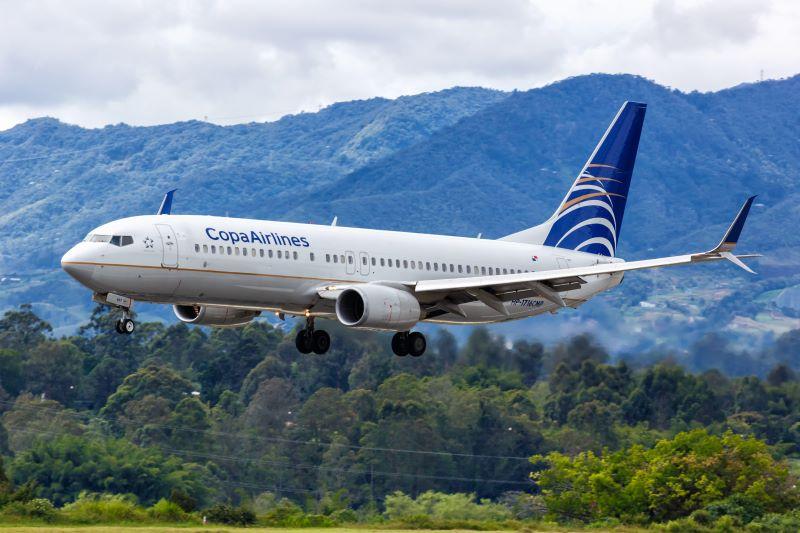
Credit: Markus Mainka / Alamy Stock Photo
Copa Airlines has been growing quickly since the pandemic downturn ended, thanks in part to a prudently timed expansion of its internal aircraft maintenance capabilities. The Panama-based airline opened a new, three-bay heavy airframe hangar in 2019 with an eye on adding flexibility and cost savings...
Subscription Required
This content requires a subscription to one of the Aviation Week Intelligence Network (AWIN) bundles.
Schedule a demo today to find out how you can access this content and similar content related to your area of the global aviation industry.
Already an AWIN subscriber? Login
Did you know? Aviation Week has won top honors multiple times in the Jesse H. Neal National Business Journalism Awards, the business-to-business media equivalent of the Pulitzer Prizes.





